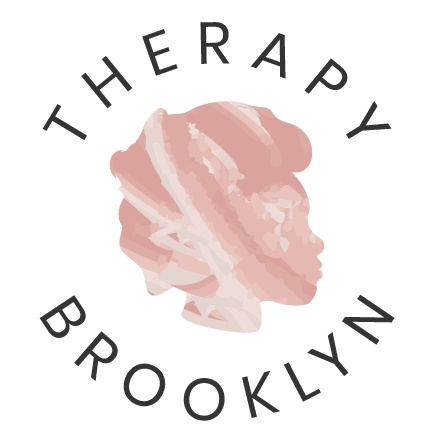How to Rebuild Sexual Connection After Having a Baby: What No One Tells You
Therapy Brooklyn: Sex Therapy for Couples | Serving NYC
Becoming a parent can be one of the most profound transitions in life and one of the most disorienting for your relationship. While the world celebrates new life, many couples quietly struggle with a loss of sexual connection, leaving them feeling distant, rejected, or unsure of how to find their way back to each other.
If this sounds familiar, you are far from alone. At Therapy Brooklyn, we support new parents in navigating this exact terrain with empathy, education, and a space to reconnect.
Why Sex Often Changes After Baby
Postpartum sexual changes are common and expected. The physical recovery from childbirth, hormonal fluctuations, disrupted sleep, identity shifts, and the emotional demands of parenting all play a role in dampening desire and disrupting intimacy (Leeman et al., 2020).
For birthing parents, libido is often impacted by:
Vaginal dryness or discomfort
Cesarean incision recovery
Fatigue and body image changes
Decreased estrogen during breastfeeding
For non-birthing partners, common challenges include:
Feeling emotionally shut out or unsure how to support
Experiencing rejection without understanding the "why"
Role confusion (Are we lovers or co-parents right now?)
Many couples don’t talk about these changes until resentment builds but you don’t have to wait that long.
The Good News: You Can Rebuild Intimacy
Sexual connection after baby doesn’t mean “going back” to how things were. It’s about growing into a new kind of intimacy; one that reflects who you both are now. Here's how therapy can support that:
1. Normalize What You’re Experiencing
In sex therapy, we start by removing shame from the equation. Everything you’re feeling: disconnected, touched out, frustrated, guilty, is a valid part of this major life shift. When couples understand that these changes are biologically and relationally normal, it becomes easier to move forward without blame.
“Desire doesn't disappear, it just changes form. Especially in early parenthood, it often shifts from spontaneous to responsive.”
— Emily Nagoski, Come As You Are (2015)
2. Redefine What Sex Means Right Now
Therapy helps you and your partner reimagine intimacy. Maybe intercourse is off the table for a while, but sensual touch, emotional closeness, and small moments of affection can still keep your connection alive.
We also explore:
Your evolving sexual values and needs
What feels physically safe and emotionally supportive
Ways to communicate wants and limits gently and clearly
3. Create Intentional Space for Each Other
It might sound counterintuitive, but scheduling intimacy is often a relief, not a chore. With so much unpredictability in parenting, creating protected time for one another, whether it leads to sex or just closeness, can help rebuild trust and anticipation.
We’ll help you build a realistic, pressure free plan that works for your lifestyle.
4. Understand and Work with Your Desire Styles
Using tools from desire research, like understanding if you're more spontaneous or responsive, we help couples remove pressure and false expectations. Many new moms experience responsive desire, which means arousal comes after closeness begins, not before.
This shift in perspective can be a game-changer in preventing misunderstanding and rejection.
When to Reach Out for Help
If sex feels like a source of stress, disconnection, or arguments—and nothing seems to shift, it’s time to seek support. You don’t need to wait until you're in crisis.
Sex therapy can offer:
An affirming space to talk without shame
Tools to rekindle closeness at your own pace
Support for healing birth related trauma or body image concerns
Strategies for co-parenting stress that affects intimacy
At Therapy Brooklyn, we help couples build intimacy that grows with them. Whether you're weeks or years into parenthood, you're not behind. And your connection deserves tending, too.
Want support rebuilding intimacy after baby?
Book a free 15-minute consultation with one of our therapists today.
Sources:
Leeman, L., et al. (2020). Postpartum sexual health: A review of current evidence and future directions. Obstetrics and Gynecology Clinics of North America.
Nagoski, E. (2015). Come As You Are: The Surprising New Science that Will Transform Your Sex Life. Simon & Schuster.
